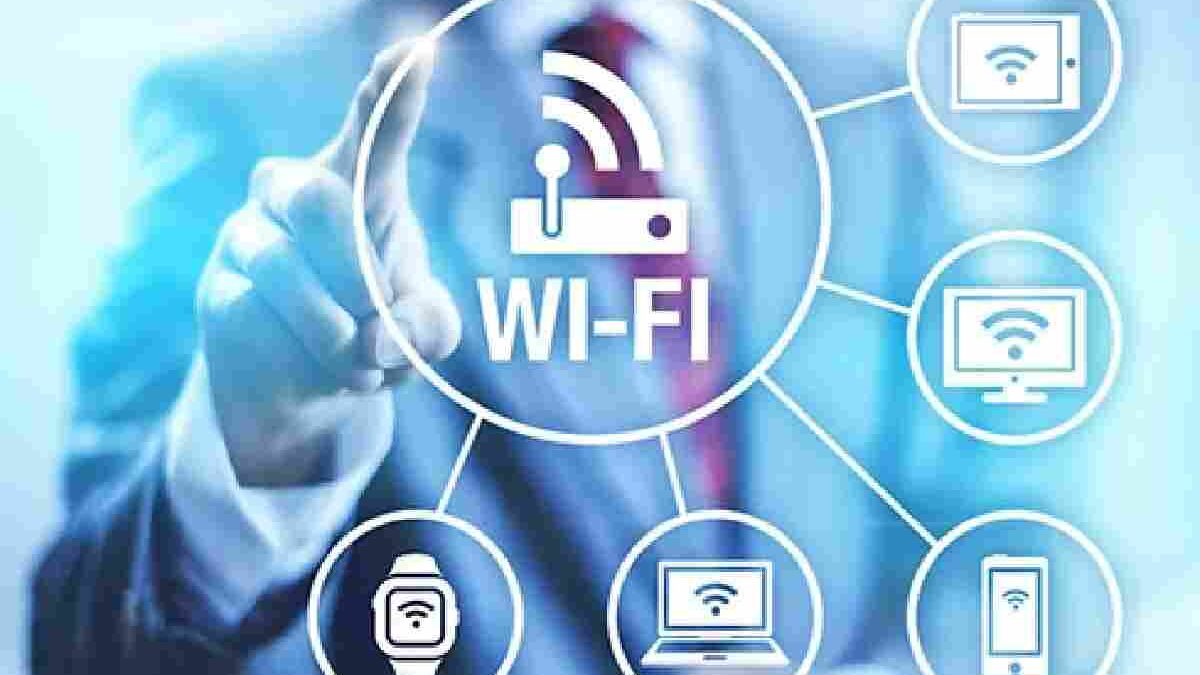Table of Contents
Wi-Fi and Wireless Internet
Wi-Fi and wireless Internet: Computers, tablets, cellphones, and other devices can access the Internet via Wi-Fi.
The Wi-Fi is a radio signal transmitted after a wireless router to a device closes and changed into data you can get and use.
The gadget directs a radio signal to the router, which has a cable or wire connection to the Internet. A Wireless Fidelity is Wi-full Fi’s name.
Wireless internet connection
- The Wireless Internet service is a sort of Internet service that offers connectivity through wireless means.
- A wireless communication network provides Internet connectivity service to end users and organizations.
- Wireless Internet service is primarily provided by a Wireless Internet Service Provider (WISP).
Wi-Fi vs. Wireless Internet: Are they the same?
The names sound the same, and both connect you. What’s the difference?
- Wi-Fi is the network that connects your wireless devices to the Internet. It is created through a router or gateway, regardless of your Internet connection. In other words, you can create a
- Wi-Fi network from a cable, DSL, or fiber Internet connection. However, you can also make a
- Wi-Fi network from a satellite Internet connection or a fixed wireless connection.
- Wireless Internet is the name of a specific type of connection. Your home wireless internet device will create a connection from surrounding cell towers.
- It will then create a Wi-Fi network using that connection.
Advantages and Disadvantages of Wi-Fi and Wireless Internet
Pros and cons of wireless networks
- Wireless networks, or Wi-Fi (as wireless connections are commonly known), have several key business advantages over wired networks.
Advantages of Wi-Fi and Wireless Internet
Increased efficiency
- Improved data communications lead to faster information transfer between companies, partners, and customers.
- E.g., salespeople can remotely check stock levels and prices during sales calls.
Access and availability
- Because wireless technology lets you communicate on the go, you rarely lose touch—you don’t need additional cables or adapters to access office networks.
flexibility
- Wireless workers in the office can network without sitting at dedicated computers and can continue productive work while away from the office.
- It can lead to new work styles like working from home or directly accessing corporate data from client sites. See more about employees who work from home.
cost savings
- Wireless networks can be easier and cheaper to connect, especially in protected buildings where the owner does not allow the installation of cables.
Disadvantages of wireless networks
Despite the many aids that wireless technology can offer over wired networks, there are also potential disadvantages of Wi-Fi that need to be considered.
Security
- Wireless transmission is more exposed to attacks from unauthorized users, so you should pay special attention to security.
- See the protection of your wireless systems.
installation problems
- You may experience interference if other people in the same building are also using wireless technology or where there are other sources of electromagnetic (radio) interference.
- It could result in poor communication or, in extreme cases, the complete loss of wireless communication.
Transmission Speed
- Wireless transmission can be slower and less effective than ‘wired’ networks.
- The ‘backbone’ network is often wired or fiber rather than wireless in more extensive wireless networks.

